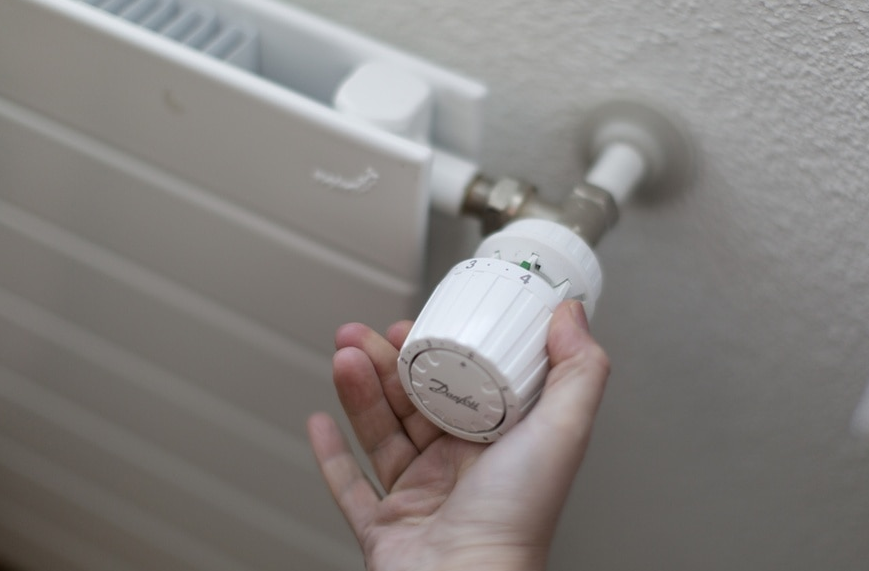Turning down heating in households could help stave off energy rationing, the government says. © Keystone / Gaetan Bally The Swiss government has appealed to the population to save on household energy ahead of anticipated electricity and gas shortages this winter. On Wednesday, the government launched a campaign entitled “Energy is scare, let’s not waste it” along with the formation of an Energy Saving Alliance. The plans are backed by cantons, business associations, companies and civil society groups. “We must work together to ensure that we have enough energy in Switzerland,” said Economics Minister Guy Parmelin. “Every kilowatt hour counts.” Households are asked to turn down heating, use less hot water, switch off unused electrical devices and lights and to use
Topics:
Swissinfo considers the following as important: 3.) Swissinfo Business and Economy, 3) Swiss Markets and News, Business, Featured, newsletter
This could be interesting, too:
Nachrichten Ticker - www.finanzen.ch writes Die Performance der Kryptowährungen in KW 9: Das hat sich bei Bitcoin, Ether & Co. getan
Nachrichten Ticker - www.finanzen.ch writes Wer verbirgt sich hinter der Ethereum-Technologie?
Martin Hartmann writes Eine Analyse nach den Lehren von Milton Friedman
Marc Chandler writes March 2025 Monthly

Turning down heating in households could help stave off energy rationing, the government says. © Keystone / Gaetan Bally
The Swiss government has appealed to the population to save on household energy ahead of anticipated electricity and gas shortages this winter.
On Wednesday, the government launched a campaign entitled “Energy is scare, let’s not waste it” along with the formation of an Energy Saving Alliance. The plans are backed by cantons, business associations, companies and civil society groups.
“We must work together to ensure that we have enough energy in Switzerland,” said Economics Minister Guy Parmelin. “Every kilowatt hour counts.”
Households are asked to turn down heating, use less hot water, switch off unused electrical devices and lights and to use less energy whilst cooking.
Electricity suppliers have announced large rises in prices in the coming months. For example, the Romande Energie group, which covers western Switzerland, said most customers would pay 49% more for their electricity next year.
Reduced gas supplies from Russia and reduced capacity at French nuclear power plants are the main causes for the expected energy crunch this winter.
Last week, the government introduced a voluntary gas savings scheme that it hopes will reduce demand from households and industry by 15%. Measures are also underway to increase water reserves at hydropower plants and to increase gas storage facilities in the country.
On Wednesday, Parmelin outlined measures that could be taken in the event of a severe gas shortage. These include limiting heating in homes to 19 degrees Celcius and banning gas heating in second holiday homes and swimming pools.
Social peace threat
“We have to address the obvious: if the worst comes to the worst, the existence of companies and jobs would be at stake and social peace would be endangered,” said Monika Rühl, chair of the Swiss Business Federation.
Most cantons have set up energy task forces and crisis management teams. Cities have also announced plans to turn down heating and save electricity in public buildings, including controls on Christmas lights. Other measures include turning down indoor swimming pool heating, switching off lighting at monuments and for advertising signs and restrictions on the usage of elevators.
It is hoped that voluntary measures can prevent blackouts and compulsory energy rationing.
In the long run, Switzerland continues to explore options for increasing alternative energy sources, said Energy Minister Simonetta Sommaruga.
The Federal Office of Energy on Tuesday reported that wind energy has far greater potential in Switzerland than previously assumed. Wind turbines could generate 29.5 terawatt hours of energy a year, the study said. A 30% increase in current capacity, to 1,000 turbines, would result in 8.9TWh of energy.
Tags: Business,Featured,newsletter
